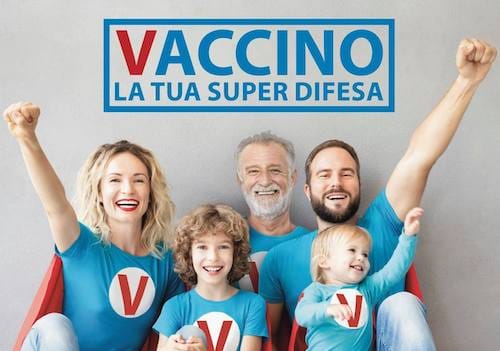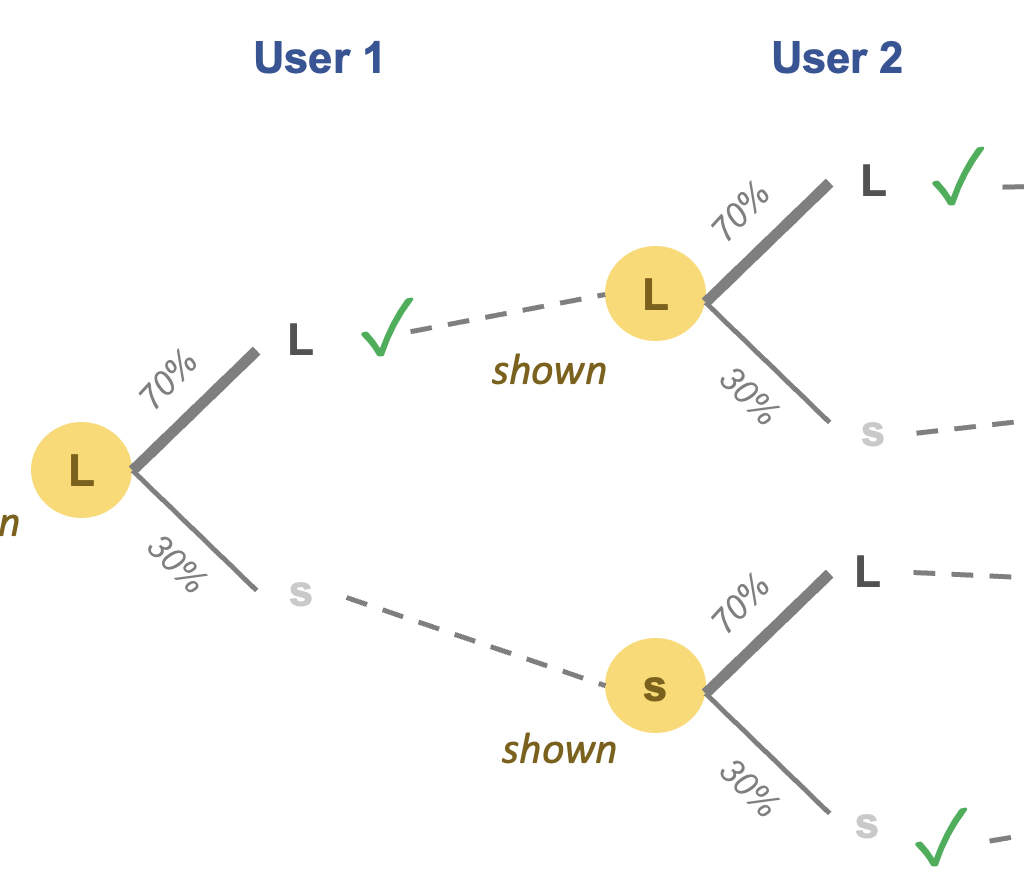Vaccines free you from the herd
Kaiser looks at covid-19 vaccination campaigns.

The vaccination campaign in the U.S. got off to a slow start. One culprit is the initial obsession over "herd immunity". I wrote back in October that the focus on herd immunity is misguided:
Herd immunity draws attention to non-cooperative behavior away from the scientific achievements of vaccines. The people who stand to benefit from herd immunity don't even have immunity, as they will get sick if they come in contact with the virus. That's why I don't like the term herd immunity.
This commentary applies even if herd immunity is gained through mass vaccination. The only people to benefit from "herd immunity" are the 25% who are not immunized. A fraction of these may have conditions that make it risky to take a vaccine but most of this group will comprise of vaccine skeptics. Despite being unvaccinated, they are expected to be protected through non-exposure when a sufficient proportion of their fellow citizens has received their shots.
By contrast, someone who is vaccinated is protected. This is a direct personal benefit stemming from a personal decision. The argument for vaccination is simple: protect yourself, so you can return to normal living. You can protect yourself, regardless of what the herd does. You don't vaccinate to attain herd immunity, you vaccinate to free yourself from the herd behavior!
***
The focus on "herd immunity" reflects a technocratic bias. The discovery of herd immunity tied to a critical level of immunization is one of the shiny objects of epidemiological modeling. The mathematics is quite beautiful and simple. It's great pedagogical material. Herd immunity is also a natural goal for public health policy - the goal is better stated as eradication of the virus. If one achieves "herd immunity," the virus has been defeated.
It's not a step function - we don't need to reach the herd immunity level for the pandemic to slow down. Every vaccination cuts some transmission chains so the benefit accumulates as more people get shots.
Telling people to vaccinate for the sake of herd immunity is like telling them to do something for the benefit of others. Unfortunately, many Americans don't do things for others, as we have observed. In this case, the others are mostly people who will not reciprocate.
Tell people to vaccinate in order to sweep away the fear, and return to normal.
[P.S. 1/20/21 A reader rightly pointed out to me that even after vaccination, one should still wear masks, keep a distance, etc. since the vaccine is not 100% effective. I made a comment about this in a previous post - here. I said I would personally continue to take precautions, but would understand if others decide not to after vaccination. I'm making a suggestion to public health officials who believe the real-world vaccine efficacy of two doses is 90 percent or thereabouts. If it turns out that VE is lower than expected, we should be worried about too many of us returning to normal too soon.]
[P.S. 1/27/21 The Atlantic just published a piece that makes a similar point, that it may be counterproductive to tell people nothing can change even after getting vaccinated. The article also exposes a lingering problem - why are we still relying on survey responses to project how people will behave when the tech industry has all the surveillance data we need to know how people are behaving? Another important point is that the argument to allow returning to normal is founded on the belief that these vaccines are highly effective, which can be invalidated by real-world evidence.]



